Filter by
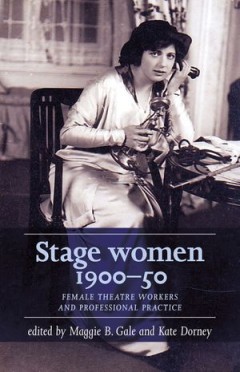
Stage women, 1900–50
Stage women, 1900–50 explores the many ways in which women conceptualised, constructed and participated in networks of professional practice in the theatre and performance industries between 1900 and 1950. A timely volume full of original research, the book explores women’s complex negotiations of their agency over both their labour and public representation, and their use of personal and p…
- Edition
- -
- ISBN/ISSN
- 9781526147271
- Collation
- -
- Series Title
- -
- Call Number
- 792 GAL s
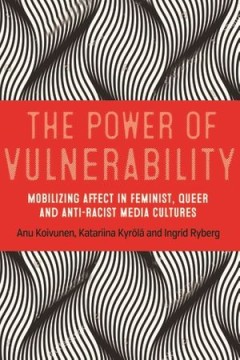
The power of vulnerability: Mobilising affect in feminist, queer and anti-rac…
The power of vulnerability interrogates the new language of vulnerability that has emerged in feminist, queer and anti-racist debates about the production, use and meanings of media. The book investigates the historical legacies and contemporary forms and effects of this language. In today’s media culture, traumatic first-person or group narratives have popular currency, mobilising affect fro…
- Edition
- -
- ISBN/ISSN
- 9781526133113
- Collation
- -
- Series Title
- -
- Call Number
- 791.43 POW p
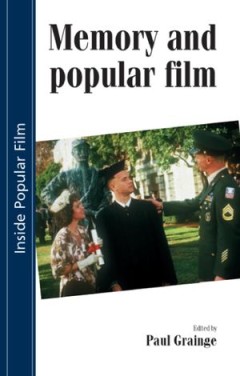
Memory and popular film
Memory and popular film' uses memory as a specific framework for the cultural study of film. Taking Hollywood as its focus, this timely book provides a sustained, interdisciplinary perspective on memory and film from early cinema to the present. Considering the relationship between official and popular memory, the politics of memory, and the technological and representational shifts that have c…
- Edition
- -
- ISBN/ISSN
- 9780719063749
- Collation
- -
- Series Title
- -
- Call Number
- 791.43 GRA m
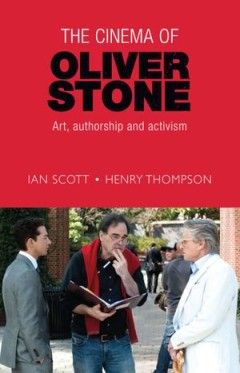
The cinema of Oliver Stone
This book charts and analyses the work of Oliver Stone – arguably one of the foremost political filmmakers in Hollywood during the last thirty years. Drawing on previously unseen production files from Oliver Stone’s personal archives and hours of interviews both with Stone and a range of present and former associates within the industry, the book employs a thematic structure to explore Ston…
- Edition
- -
- ISBN/ISSN
- 9781526147240
- Collation
- -
- Series Title
- -
- Call Number
- 791.43 THO c
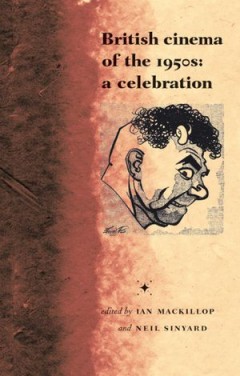
British cinema of the 1950s
This book offers a startling re-evaluation of what has until now been seen as the most critically lacklustre period of the British cinema. Twenty writers contribute essays that rediscover and reassess the productions of the Festival of Britain decade, during which the vitality of wartime film-making flowed into new forms. Topics covered include genres such as the B-film, the war film, the woman…
- Edition
- -
- ISBN/ISSN
- 9781526137272
- Collation
- -
- Series Title
- -
- Call Number
- 791.43 MAC b
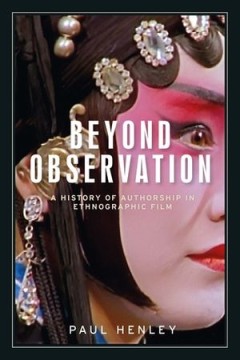
Beyond observation: A history of authorship in ethnographic film
Beyond Observation is structured by the argument that the 'ethnographicness' of a film should not be determined by the fact that it is about an exotic culture - the popular view - nor because it has apparently not been authored - a long-standing academic view - but rather because it adheres to the norms of ethnographic practice more generally. On these grounds, the book covers a large number of…
- Edition
- -
- ISBN/ISSN
- 9781526147295
- Collation
- -
- Series Title
- -
- Call Number
- 791.43 HEN b
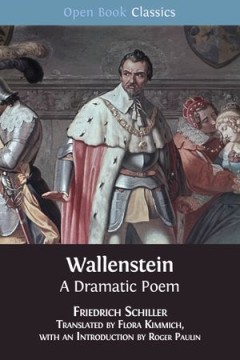
Wallenstein
By the time Frederich Schiller came to write the Wallenstein trilogy, his reputation as one of Germany’s leading playwrights was all but secured. Consisting of Wallenstein’s Camp, The Piccolomini and The Death of Wallenstein, this suite of plays appeared between 1798 and 1799, each production under the original direction of Schiller’s collaborator and mentor, Johann Wolfgang (von) Goethe.…
- Edition
- -
- ISBN/ISSN
- 9781783742653
- Collation
- -
- Series Title
- -
- Call Number
- 792 SCH w

Don Carlos Infante of Spain
Schiller’s Don Carlos, written ten years before his great Wallenstein trilogy, testifies to the young playwright’s growing power. First performed in 1787, it stands at the culmination of Schiller’s formative development as a dramatist and is the first play written in his characteristic iambic pentameter. Don Carlos plunges the audience into the dangerous political and personal struggles t…
- Edition
- -
- ISBN/ISSN
- 9781783744480
- Collation
- -
- Series Title
- -
- Call Number
- 792 SCH d
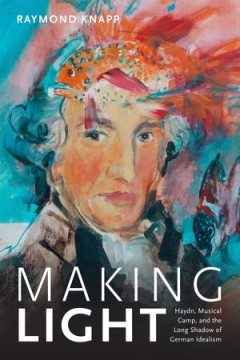
Making Light: Haydn, Musical Camp, and the Long Shadow of German Idealism
In Making Light Raymond Knapp traces the musical legacy of German Idealism as it led to the declining prestige of composers such as Haydn while influencing the development of American popular music in the nineteenth century. Knapp identifies in Haydn and in early popular American musical cultures such as minstrelsy and operetta a strain of high camp—a mode of engagement that relishes both the…
- Edition
- -
- ISBN/ISSN
- 9780822369356
- Collation
- -
- Series Title
- -
- Call Number
- 780 KNA m
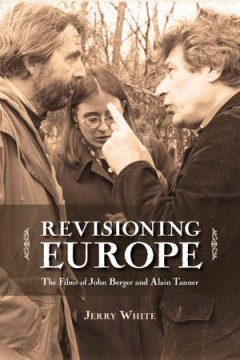
Revisioning Europe: The Films of John Berger and Alain Tanner
Revisioning Europe is among the few existing English-language discussions of the films made by British novelist John Berger and Swiss film director Alain Tanner. It brings to light a political cinema that was unsentimental about the possibilities of revolutionary struggle and unsparing in its critique of the European left, and at the same time optimistic about the ability of radicalism—and ra…
- Edition
- -
- ISBN/ISSN
- 9781552385524
- Collation
- -
- Series Title
- -
- Call Number
- 791.43 WHI r
 Computer Science, Information & General Works
Computer Science, Information & General Works  Philosophy & Psychology
Philosophy & Psychology  Religion
Religion  Social Sciences
Social Sciences  Language
Language  Pure Science
Pure Science  Applied Sciences
Applied Sciences  Art & Recreation
Art & Recreation  Literature
Literature  History & Geography
History & Geography